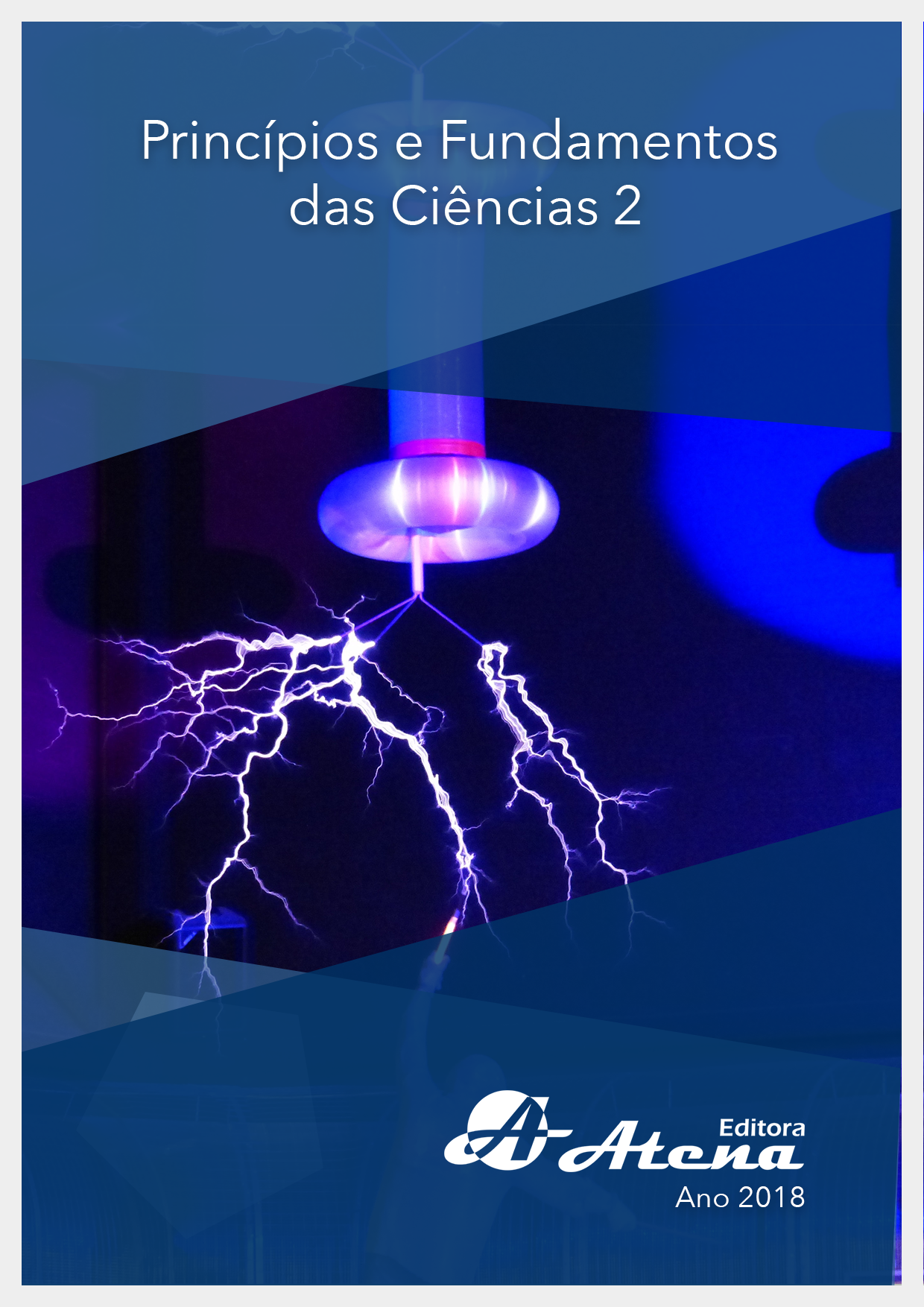
O ENSINO DE CIÊNCIAS EM TEMPOS LÍQUIDOS: O FACEBOOK COMO POSSIBILIDADE DE ESPAÇO E FERRAMENTA DE APRENDIZAGEM
Segundo o sociólogo Zygmund Bauman
vivemos tempos líquidos onde instituições e/ou
organizações sociais não podem, nem conseguem,
permanecer com a mesma forma por muito tempo.
Nessa contemporaneidade fluida, professores
e profissionais de educação, em específico no
ensino de ciências, têm grandes desafios. Faz-se
necessário conhecer mais a fundo as demandas
do mundo atual, identificando as necessidades
dos discentes e as carências na formação
docente frente ao novo. As problemáticas da
educação na Modernidade Líquida colocam o
desafio de repensarmos as práticas educacionais,
no sentido de superar as constantes crises que
a educação institucionalizada vem enfrentando.
Nesse cenário, as tecnologias têm assumido
um papel de importância no que se refere à
educação. A facilidade para se conectar a Internet
e adquirir informações está em crescimento,
permitindo aos usuários-aprendizes um mar de
possibilidades e oportunidades. Ao observar
o perfil dos jovens de hoje, percebe-se que a
metodologia tradicional de ensino vai de encontro
com a realidade que vivem. Essa nova forma
de apropriação das potencialidades da Internet
permite investigar novos horizontes no processo
de disseminação e aquisição de informações,
onde é possível reconhecer as redes sociais como
ferramentas potenciais no campo educacional.
O presente trabalho traz para discussão os
conceitos de Bauman sobre Modernidade Líquida
e Tempos Líquidos, explorando alguns aspectos
dos processos de ensino- aprendizagem no
contexto contemporâneo. Adicionalmente, visa a
possibilidade de relacionar os aspectos levantados
por Bauman com outros autores que abordam a
mesma temática e a utilização de redes sociais
como o Facebook no ensino de Ciências.
O ENSINO DE CIÊNCIAS EM TEMPOS LÍQUIDOS: O FACEBOOK COMO POSSIBILIDADE DE ESPAÇO E FERRAMENTA DE APRENDIZAGEM
-
DOI: Atena
-
Palavras-chave: Ensino de Ciências, Tecnologias Digitais de Informação e Comunicação, Facebook, Tempos Líquidos, Educação.
-
Keywords: Science Education, Digital Information and Communication Technologies, Facebook, Liquid Times, Education.
-
Abstract:
According to the sociologist Zygmund
Bauman, we live in liquid times in which social
institutions and/or organisations cannot, and do
not, remain in the same form for a long period of
time. In this fast-moving contemporaneity, teachers
and educational professionals, in particular those
in science education, face great challenges. It is
necessary to gain a deeper understanding of the
demands of the world today, identifying the needs
of students and shortcomings in teacher training in
light of those new demands. Educational issues in
Liquid Modernity pose the challenge of rethinking
educational practices in order to overcome the
constant crises that institutionalised education
has been facing. In this context, technologies have adopted an important role in education.
The ease of connecting to the Internet and obtaining information is on the increase,
enabling trainee-users a sea of possibilities and opportunities. By observing the profile of
today’s young people, it is perceived that traditional teaching methodology is in line with
the reality they live. This new way of appropriating the potential of the Internet enables us to
explore new horizons in the process of information dissemination and acquisition, making
it possible to recognise social networks as potential tools in the education sector. This
study brings to the discussion Bauman’s concepts of Liquid Modernity and Liquid Times,
exploring certain aspects of teaching-learning processes in a contemporary context. It also
aims to consider the possibility of relating the issues raised by Bauman with those of other
authors who approach the same theme, and the use of social networks such as Facebook
in the teaching of science.
-
Número de páginas: 15
- Amanda Valle de Almeida Paiva


